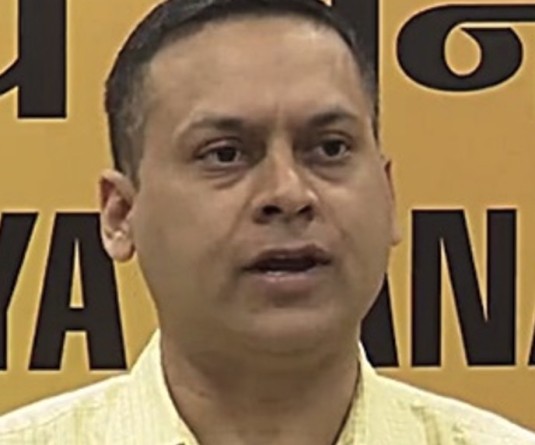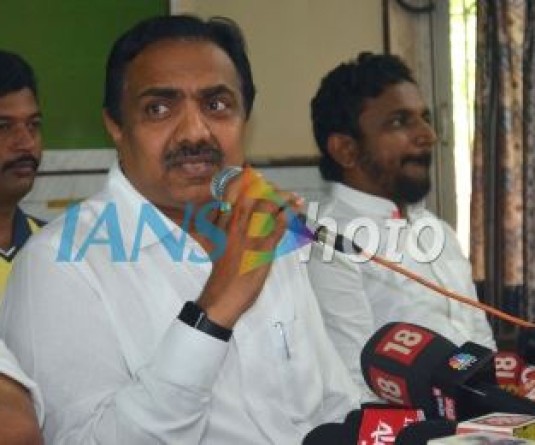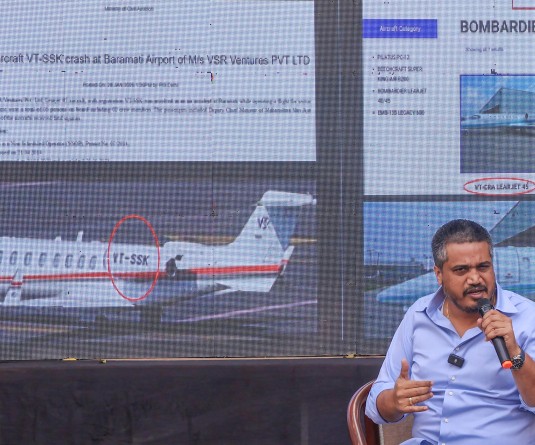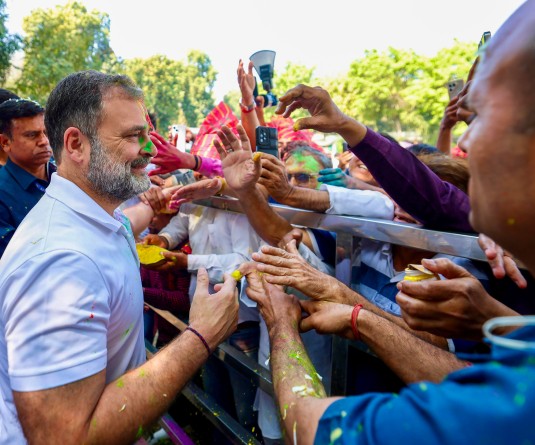
New Delhi, July 6 (PTI) The Union Health Ministry on Tuesday expressed concern over people roaming in hill stations and markets without following COVID-19-appropriate behaviours and warned that such laxity can nullify the gains made in the management of the pandemic so far.
Stressing that the pandemic was not yet over, officials described the images of large numbers of people thronging popular hill stations as "frightening".
"People are indulging in revenge travel with restrictions being lifted. Some photos published in the media of Manali and Shimla in Himachal Pradesh, Mussoorie in Uttarakhand, Sadar Bazar and Laxmi Nagar in Delhi, and Dadar market in Mumbai show a huge crowd roaming around without following social distancing and wearing masks.
"People need to understand that the virus and the disease is still here. People roaming in hill stations and markets without maintaining physical distance and not wearing masks can nullify the gains made in the management of the pandemic so far," joint secretary in the health ministry Lav Agarwal said as he stressed on following Covid-appropriate behaviour and vaccination.
Stating that the pictures from hill stations and markets are "frightening", ICMR Director General Balram Bhargava said some states in the country are still struggling with the second wave of COVID-19.
"The second wave of COVID-19 has come down in most states. However, some states are still in the midst of the second wave."
"The areas reporting a test positivity rate of over 10 per cent have to impose/ reinstate certain restrictive measures which have shown to be time tested and found to be effective because the virus is still lurking around," he said.
If the test positivity rate is below 5 per cent then it is a good sign and some of the restrictions can be eased. And the same momentum of high-level testing needs to be maintained, he underlined.
Agarwal said as many as 73 districts across 17 states and union territories, including Arunachal Pradesh (18 districts), Rajasthan (10), Manipur (9), Kerala (7), Meghalaya (6), Tripura (4), Sikkim (4), Odisha (3) and Nagaland (3), reported more than 10 per cent Covid positivity rate in the week from June 29 to July 5.
Eighty per cent of the new Covid cases in India are being reported from 90 districts across 14 states and union territories, including Maharashtra, Tamil Nadu, Kerala, Odisha, Andhra Pradesh, Assam, Karnataka, indicating the need for focused attention in these areas, he said.
According to sources, the health ministry is writing to these 14 states and union territories that are reporting high positivity in India.
The ministry is also likely to write to the Himachal Pradesh government over rampant flouting of Covid-appropriate behaviour and social distancing norms in Shimla and Manali, a source said.
Bhargava said testing has played such a key role in the fight against this pandemic and testing has to continue at a very very high level.
"Currently we are doing 1400 tests per million which is 10 times the recommendation of the World Health Organisation but we should continue because during the second wave much of our public health response was guided by the test positivity rate and that really helped us bring this wave down very very fast.
"Today, we have about 73 districts which have more than 10 per cent positivity. We have about 65 districts which have about 5-10 per cent positivity and 595 districts where it is below 5 per cent," he said.
Bhargava further said district-specific measures should continue to be guided by test positivity rate.
Noting that the community has to be engaged for Covid-appropriate behaviour, Bhargava pitched for rapid vaccination of priority groups.
"We should continue to be cautious and we should continue to be responsible," he said.
On a positive note, Agarwal said, daily new cases continued to show a decline during the second wave and the number of districts reporting more than 100 daily new COVID-19 cases has reduced from 531 in the week ending May 4 to 91 in the week ending July 4.
On the rise in cases in the Northeast, Bhargava said, "We are encouraging the northeastern states to do more testing...there is heavy testing going on there..."
On a query on Covaxin booster dose, Bhargava said it is in scientific ideation stage and it is not well known for how long vaccine efficacy will last.
"Phase 3 studies will also have follow-up. If Covid infection takes place then for 7-12 months the Covid antibodies persist," he said.
Agarwal added that the booster dose is in research state and as more evidence comes it will be presented.
Bhargava said the latest Indian Council of Medical Research (ICMR) study on Covishield shows it is effective against Delta variant.
Responding to a question, Bhargava said it is an established fact that Covid can lead to rise in clotting.
"If blood flow is not there then Avascular necrosis can happen... so serious Covid patients are given blood thinner. The clots and thrombosis cases have been seen since the beginning and anti-coagulation is given," he said.






